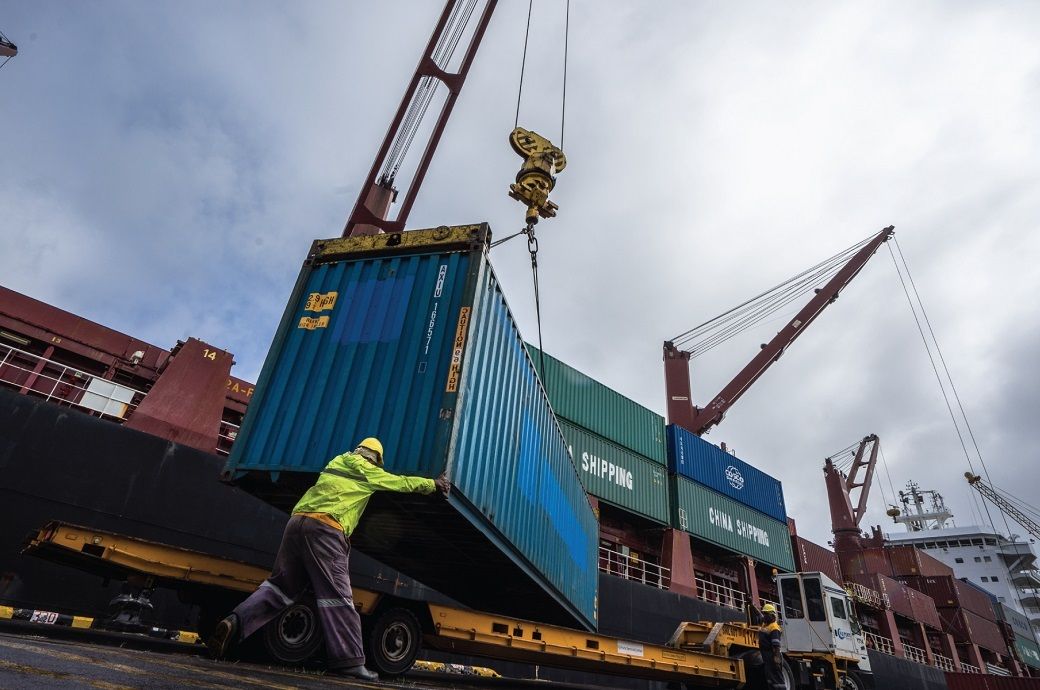
The trade finance gap is the difference between requests and approvals for financing to support imports and exports. Demand for trade finance surged on the back of this sharp recovery but heightened economic risks made finance more difficult to secure than before. Following a zero-growth rate during the last quarter of 2022, as of April 2023, global trade exports in value slowed year-to-date, showing a decline of around 3 per cent, according to the 2023 Trade Finance Gaps, Growth, and Jobs Survey by the Asian Development Bank (ADB).
Around 60 per cent of responding banks reported that the Russian invasion of Ukraine impacted their trade finance portfolios due to growing geopolitical uncertainty and increased commodity prices.
The top supply chain challenge cited by firms surveyed was insufficient financing. They identified access to adequate financing, reliable logistics, and the use of digital technology as the three most important components of resilient supply chains.
For the first time, the 2023 trade gaps survey focuses on environmental, social, and governance (ESG) issues, along with digitalisation, in a bid to assess their impact on relevant supply chains and the trade finance gap. The majority of banks and companies that took part in the survey believe that ESG alignment could potentially help reduce the trade financing gap.
“The global trade finance funding gap has now widened to well over $2 trillion, as the global economy still struggles to rebound from the pandemic. That growing gap strangles the potential of trade to deliver critical human and economic development through jobs and growth,” said ADB’s director general for private sector operations Suzanne Gaboury.
Fibre2Fashion News Desk (NB)